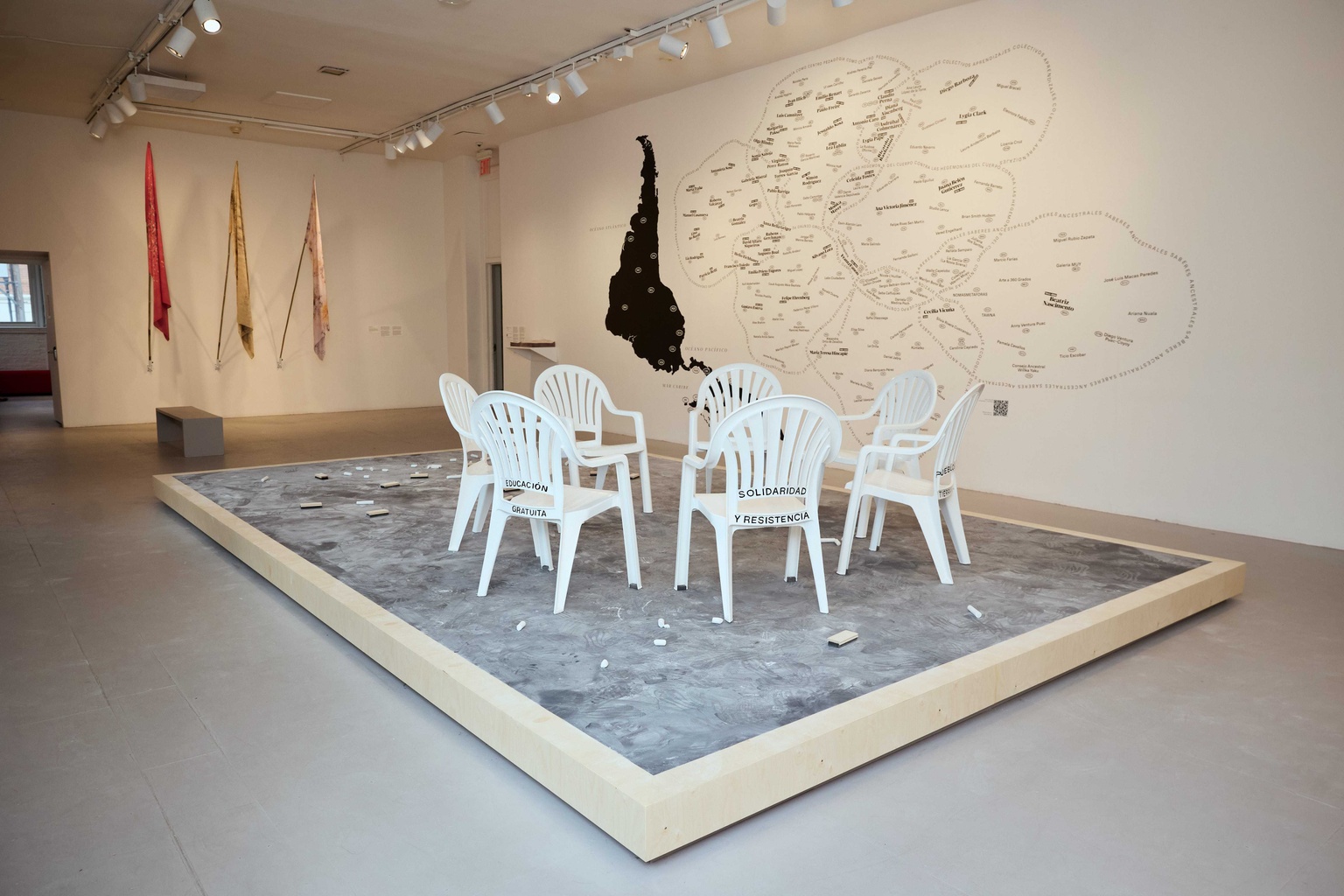Wendy Clarke’s Love Tapes explores what love means to the people of New York City in 1980. Using video, Clarke becomes a collector of stories, engaging in a process that captures individual experience. She invites strangers to sit alone in front of a camera and speak for 3 minutes about the love in their lives. Though brief, the videos provide an intimate glimpse into the feelings and histories of participants.
Each tape presents a unique perspective on love, reflecting the depth and intricacy of the word. A woman speaks softly about a man she lost, describing an attachment that endures beyond death. A young man rambles about how he longs for the fulfillment of romantic love and, by the end of his segment, gazes directly into the eye of the camera, declaring that “love is eternal.” A sense of fluidity is felt as viewers move seamlessly from one video to the next, immersing themselves in these varied interpretations.
As I watched the piece, I thought about my own definitions of love. Being loved is to be seen and acknowledged, and Clarke’s Love Tapes does exactly that. It recognizes the rare feeling of connection and voices it earnestly through the art of filmmaking. By sharing these personal anecdotes, Clarke not only shows the complexity of love but also invites us to consider our understanding of the emotion.





I also appreciated the nuance of this artwork and how it connected with everyday people. I liked that you illustrate a specific tape and recall the words of one of the interviewees, that “love is eternal”. It could also be nice to include information such as the number of interviews she collected, the total length of the project in minutes, or the span in which she continued this project. Could you speak more about this idea of Clarke being a “collector of stories”? How does she differ from the viewer? Is there a responsibility that comes along with this role? I appreciate the inclusion of your own definition of love, that it is “to be seen and acknowledged”.
ReplyDeleteYour review beautifully captures the intimate and diverse portrayals of love among New Yorkers in the 1980s. The way you describe Clarke's role as a collector of stories highlights the personal and subjective nature of love, making the exhibition deeply relatable. I love how you bring out the emotional depth in those short videos, from enduring attachments to the longing for romantic fulfillment. When you reflect on your own definition of love, and how Love Tapes captures that rare feeling of connection, it adds a personal and touching note.
ReplyDeleteI think incorporating more context about the 1980s era and how it influenced the participants' perspectives on love would enhance the review. Additionally, mentioning any standout technical or artistic aspects of Clarke's work would provide a fuller picture.
I really like how you first introduced the exhibition. You described the basic concepts of the show well. I would have liked to hear more about what you thought of the show, did it make you emotional, was there anything you would want to change about it? At the end of your review you mentioned how the film made you feel, but I would prefer you go into more detail about what specifically made you feel that way. Do you think it would have been as successful if you had been in a room with more light, or if the videos were shorter, etc?
ReplyDelete